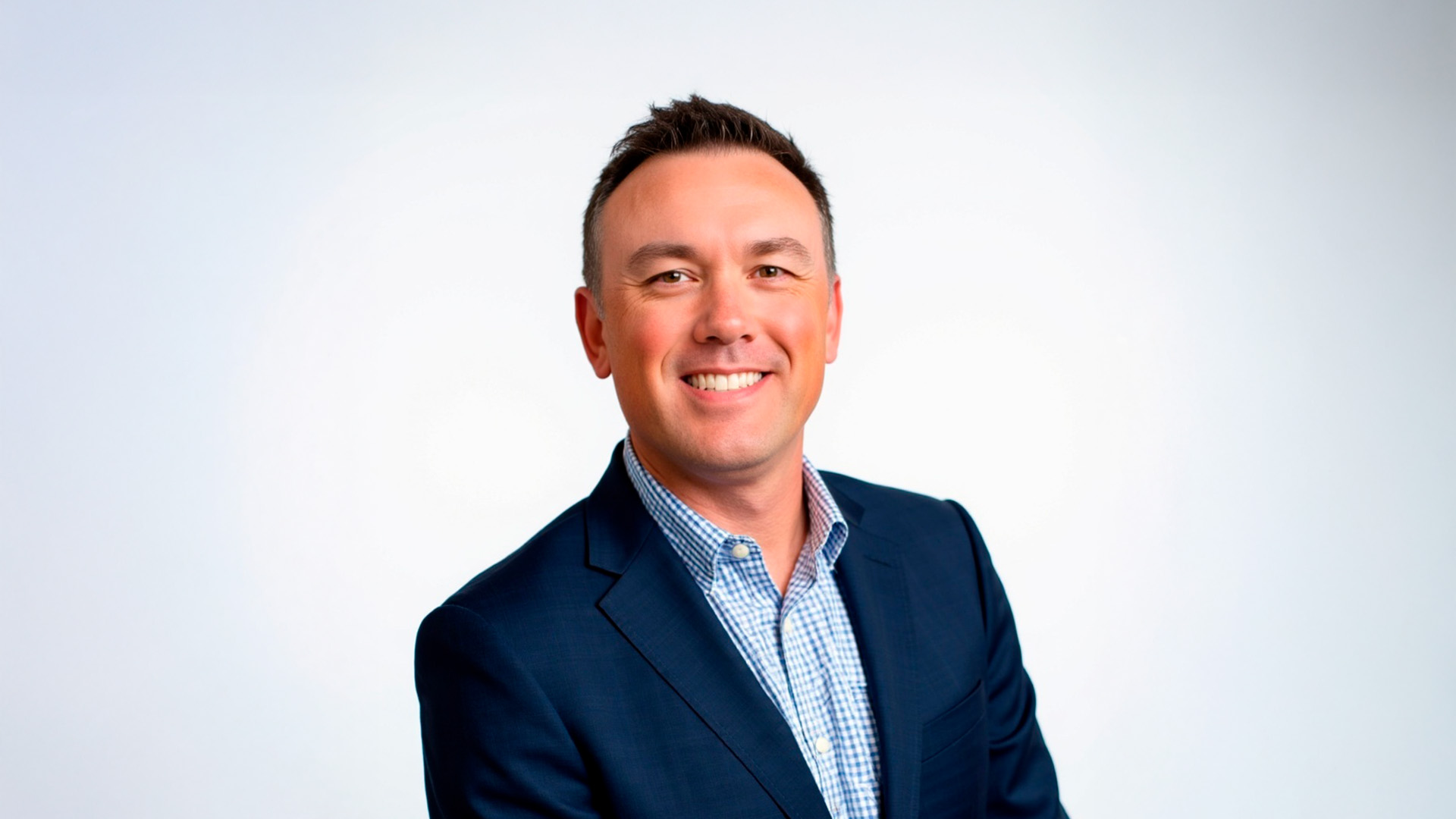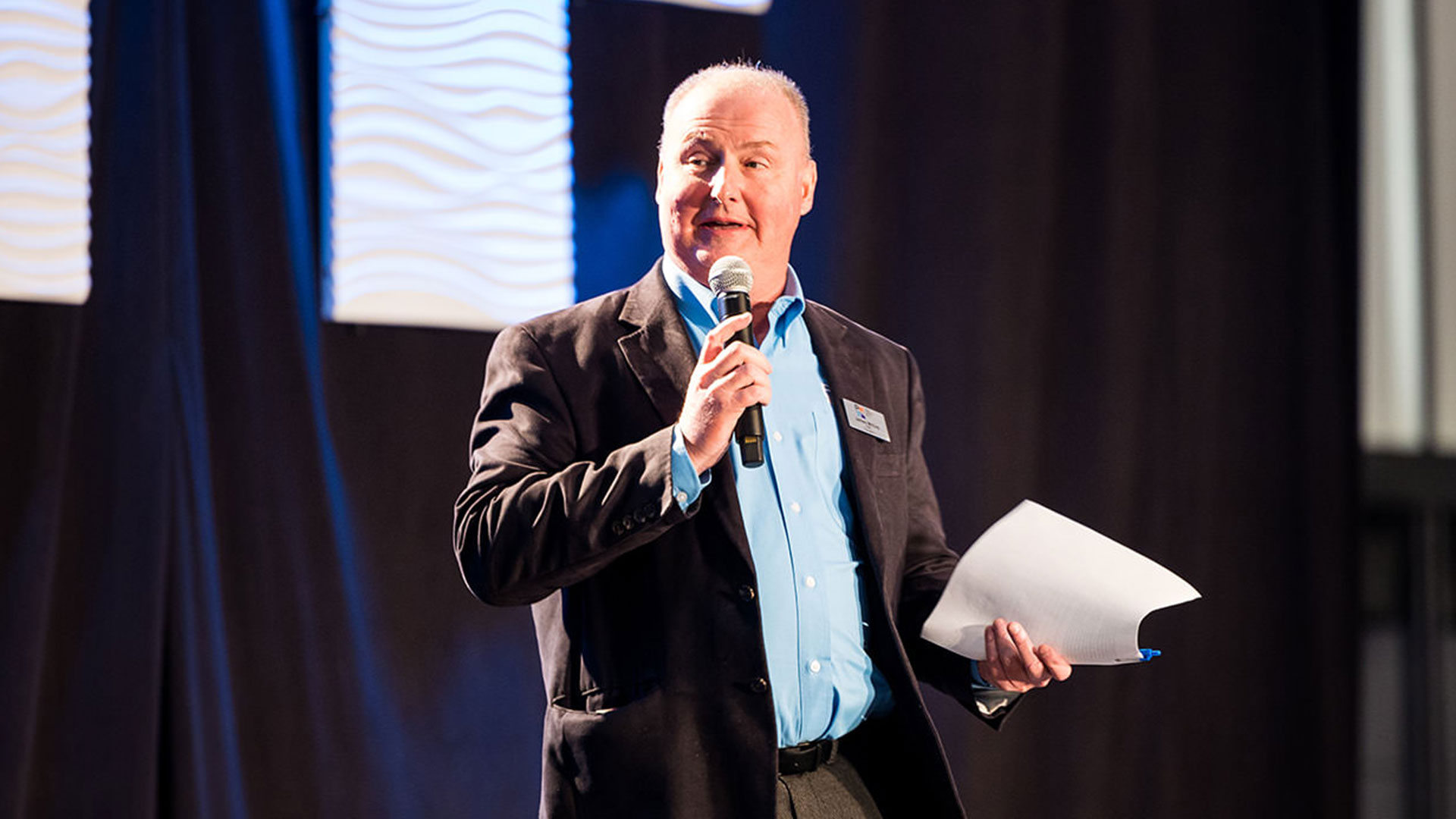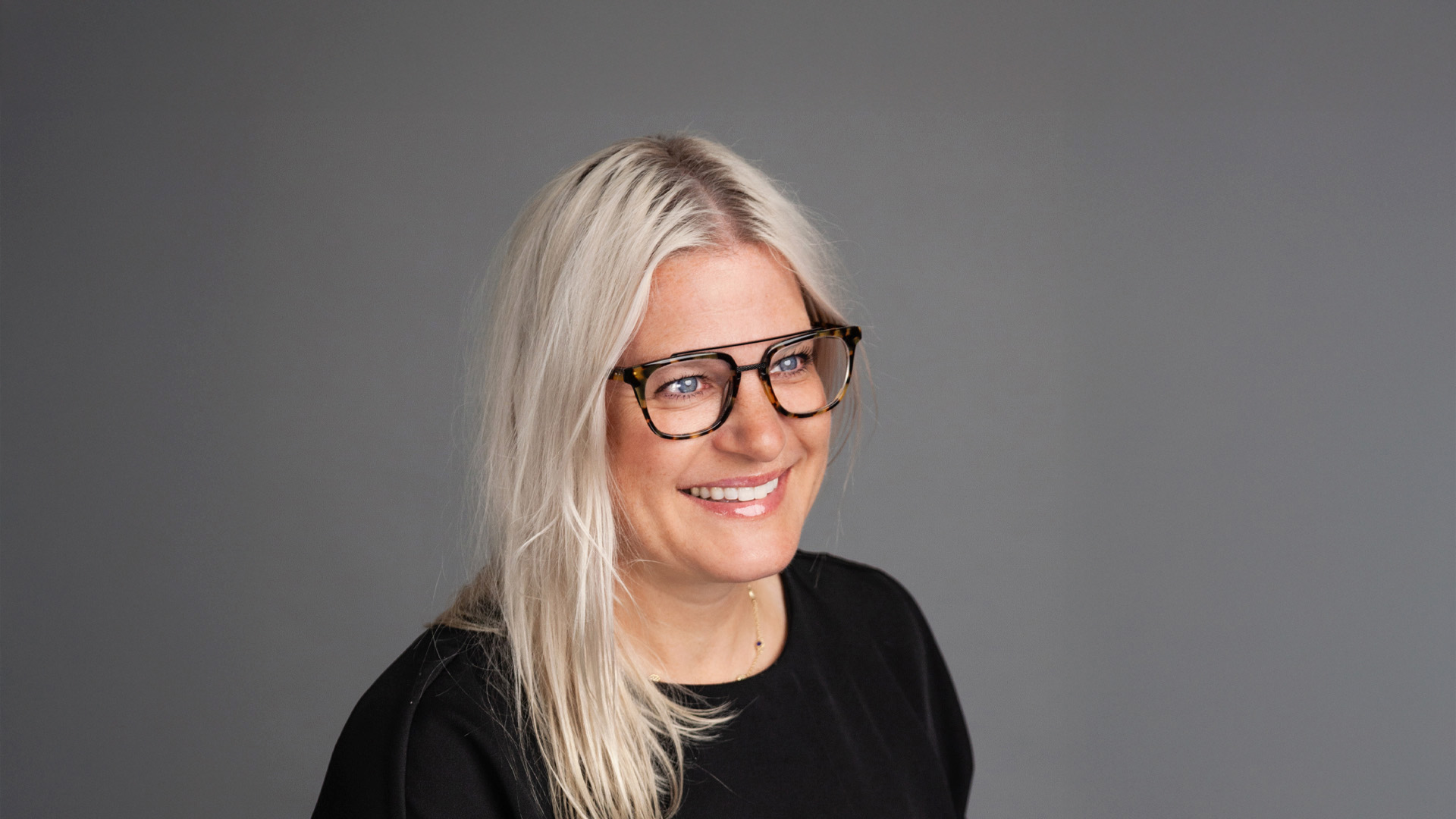Many successful entrepreneurs reach a point where they recognize the need to give back to the communities that supported their rise. Brad Burns, who has built multiple thriving businesses while maintaining deep community involvement, believes this balance isn’t just good ethics, it’s good business. His companies, including Wayne Contracting, have been recognized among St. Louis’ most philanthropic small businesses for three consecutive years, demonstrating that profit and purpose can grow together.
The Reciprocity Principle in Business Success
When Brad’s companies found their footing, he didn’t just double down on profits. Instead, he saw success as creating an obligation to the community that supported him early on. “I think once you’ve gotten to a point or started a business or two that has been embraced by the community, you have an obligation to do what you can to reciprocate,” Brad explains. His construction company, Wayne Contracting, has been named among St. Louis’ most philanthropic small businesses for three years running. For Brad, this means serious commitment. “From the holdings company standpoint, we try to always throw back in the community at least six figures, so minimum a hundred thousand, and do a fair amount of community service hours volunteering at different charities,” he says.
Leading Beyond Business
Brad doesn’t just write checks. He currently sits on two charity boards, serving as chair for one of them. And he brings his business mindset to these roles. “My goals for my three-year tenure as board chair were to get us a new home, max out the board size with quality people, create more of a feeder system with the young professional board, and double the revenue of the organization by the time I left,” Brad says. His approach can be tough – “We had to fire some board members that had been around for a bit that weren’t really pulling their weight” – but it’s focused on results that help more people.
Brad’s other board position with Junior Achievement connects directly to his personal interests. “That’s one that’s near and dear to my heart. Basically it’s financial literacy and entrepreneurship, so those things are right in my wheelhouse,” he explains. This involvement stems from seeing gaps in traditional education. “Growing up, you’re not required to graduate high school knowing how to do much of anything financially. You understand algebra, but you don’t understand compound interest, how credit cards work, how mortgages work, how to balance a checkbook.” The program creates practical financial experiences for kids. “They have a small town, all the kids get jobs, they get a paycheck, they shop, they balance their checkbook,” Brad says. Beyond basic finances, the organization offers trade experiences for hands-on learners who might not fit the traditional college path.
The Community Connection to Business Growth
Brad sees community support as critical for new businesses. “When you’re first starting out, you have no name, no reputation, and people are willing to take a chance and work with you,” he points out. “The community is throwing you a bone to give you the opportunity to prove yourself.”
This creates a cycle he’s eager to continue. Brad regularly meets with aspiring entrepreneurs. “I’m happy to help people trying to get a leg up and figure out how to build something for themselves and build a legacy for their family,” he says. “If I can help somebody by meeting with them for a couple hours and it pushes them to take that jump – why not? It’s not really that big of a hassle.” This approach mirrors values he learned growing up. “My dad was always willing to give everybody the shirt off his back. If you needed help, he was willing to help you.”
Practical Approaches to Community Engagement
For business owners wanting to get involved in community service, Brad suggests starting small. “Get a lay of the land, understand what the opportunities are and the commitments,” he advises. This means finding what fits your schedule and capacity. Start internally with team initiatives. “You can do things that are indirect, like finding a charity you like and doing stuff in your office – a food drive or getting volunteers or gathering money inside your office.”
Most importantly: “If you commit to it, really commit to it,” Brad emphasizes. “I look at these charities like a business where we have goals we want to achieve. They’re not profit-driven, but community-driven.” Finding authentic connection matters more than just going through motions. “Don’t just do it to do it,” Brad concludes. “Find something you resonate with, that you can create some emotional attachment to that drives you to benefit that organization as much as possible.”
Follow Brad Burns on LinkedIn to see how he’s blending business success with community impact.





